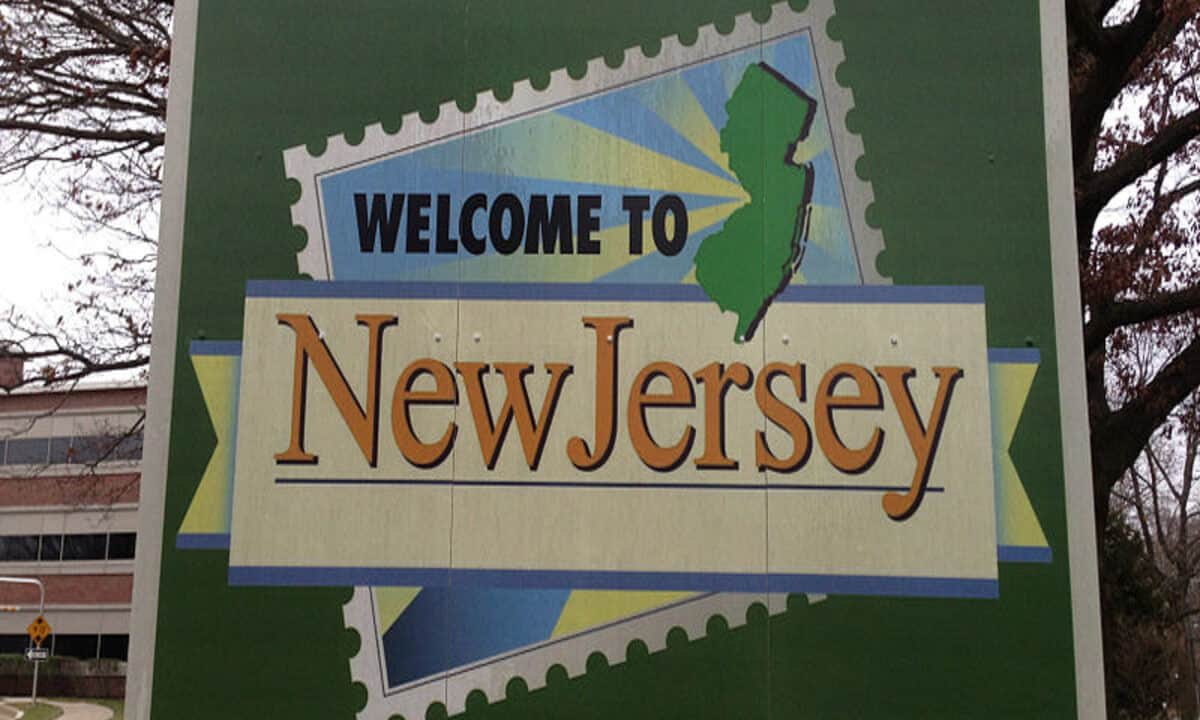 Welcome To New Jersey sign in front of the New Jersey Department of Transportation Headquarters in Ewing, New Jersey by Famartin is licensed under CC BY-SA 4.0
Welcome To New Jersey sign in front of the New Jersey Department of Transportation Headquarters in Ewing, New Jersey by Famartin is licensed under CC BY-SA 4.0
With Governor Phil Murphy signing A4011 into law, the people of New Jersey can expect significant increases in the fuel taxes they pay every time they visit the gas station for the next five years.
New Jersey already has a system of automatic gas tax increases, which the Department of Transportation determines. Despite the high gas tax that is regularly increased, Gov. Murphy and the Democrat legislature moved A4011.
The bill revised the New Jersey Transportation Trust Fund (TTF) Act of 2016 to include an annual increase of 1.9¢ to the state’s gas tax for both gasoline and diesel for the next five years. This results in a total increase of 9.5¢.
The New Jersey legislature hopes revenues will go up from $2 billion each year to $2.366 billion by the end of 2029 fiscal year. Democrats in the legislature insist that this tax increase is necessary to ensure that the state’s critical infrastructure is maintained. However, Republicans were quick to point out that increasing taxes would only place a greater burden on the people of New Jersey. Sen. Declan O’Scanlon, who serves as the party’s budget officer in the Senate, stated, “we should be doing all we can right now to avoid increasing taxes on the most heavily taxed people in the nation.”
The increase in the price of fuel would leave gas stations and other fuel providers in the state vulnerable to surrounding states such as Pennsylvanian and New York that would offer cheaper gas prices, even though these states also have exorbitant gas taxes. This would cause a significant drop in revenue for New Jersey stations and remove the incentive of drivers to refuel in the state when they can stop in a different state and refuel at a cheaper price.
These same stations and fuel providers experienced this issue back in 2016, when the TTF was put in place by Governor Christie. The original tax increase saw a reduction in the total gas sold and a decrease in expected revenue for the state. The decline was so severe that the legislature needed to pass an additional tax just to meet their projected goal back in 2018.
With revenue projections for A4011based on the prediction that the state will sell the same amount of gas each year, and the number of hybrids and electric vehicles being sold, there is risk of a repeat revenue letdown. New Jersey plans to completely phase out the sale of gas-powered cars by 2035.
To make matters worse, this action from the passing of A4011 is that it is a straight tax increase. Previously, when the New Jersey Transportation Trust Fund Act was passed in 2016, it came with offsets to the state’s death tax which saved taxpayers more money overall and kept government from rapidly growing.
With the increase in the gas tax, New Jersey residents, fuel providers, motorists and anyone visiting the state can expect a greater tax burden that they will now have to endure for the next four years.
